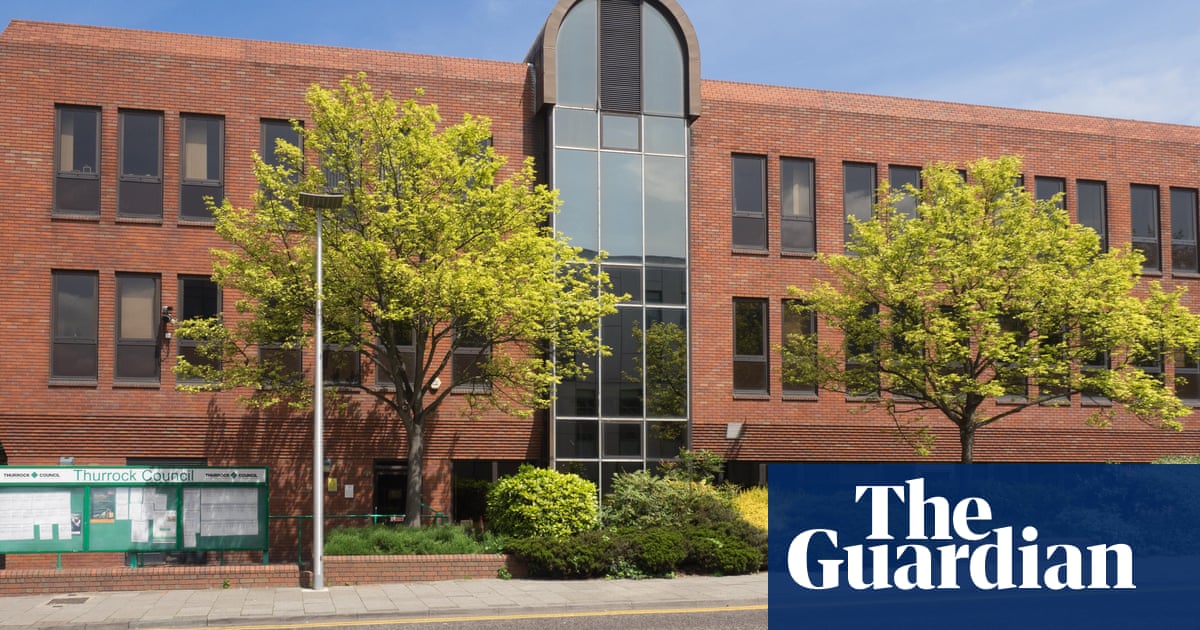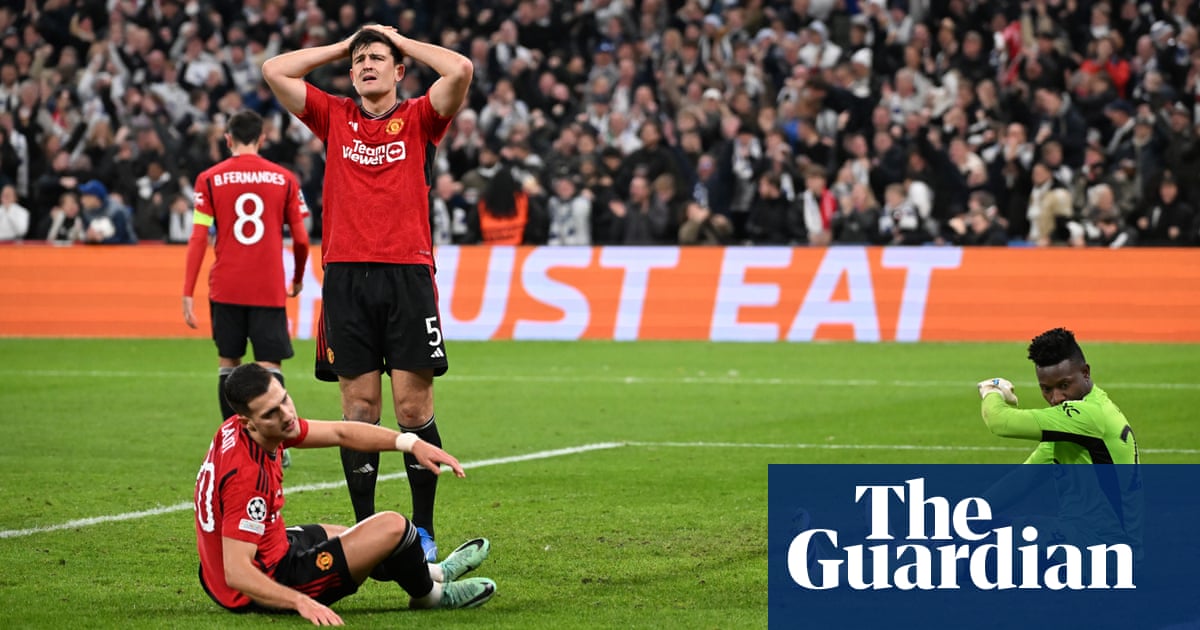
Bankrupt Thurrock council recklessly gambled hundreds of millions of pounds on risky commercial investments while covering up evidence of its losses and attempting to silence critics, a devastating official review has concluded.
The government-commissioned report published on Thursday said the Tory-run council’s financial collapse in 2022 was the culmination of years of dysfunctional leadership characterised by complacency, denial, and what the review called “unconscious incompetence”.
Thurrock declared effective bankruptcy in December after running up a £500m deficit – at the time thought to be the largest in local government history – triggered when a series of financial speculations funded by a £1.5bn borrowing spree turned sour.
The review concluded the failures at the Essex council amounted to an “abdication of responsibility” by politicians and senior managers which over a period of years had permitted good practice norms in local government to “decay or fall into disuse”.
The financial collapse will have catastrophic implications for the council, which may not survive in its current form, the review said. Paying off the resulting debts means local people will see a “significant and rapid reduction” in the level of council services while facing higher council tax bills.
Thurrock’s plight echoes recent insolvencies at Croydon, Slough, and Woking councils, each of which fell into difficulty after borrowing hundreds of millions of pounds to pump into ill-starred commercial investment and regeneration schemes.
The review blamed Thurrock’s leadership for failing to challenge a series of significant commercial investment decisions taken by the council’s former finance director Sean Clark. It had delegated extraordinary power to him to invest hundreds of millions of pounds without meaningful political or executive oversight.
Clark borrowed from other local authorities to finance loans of more than £600m to companies owned by the businessman Liam Kavanagh to invest in 53 solar farms. This, alongside investments in other business, exposed the council to serious losses and forced it to write off millions on bad deals.
Clark, who left the council in January after being suspended in September, oversaw a rapid expansion in its borrowing from £34m to £1bn in just four years, despite neither he nor his team having the skills or experience to handle such a big investment programme.
Although the review blamed Clark for the conception, development and ultimate failure of the investment strategy, it said the fiasco could not be laid at his door alone. “Put simply, [Clark] could not have acted as he did in a well-functioning, well-led authority,” the review concluded.
It added: “Our assessment therefore is that, although serious mistakes have been made by individuals, the challenges facing the council stem from a series of self-sustaining, systemic weaknesses which have allowed for repeated failure over many years.”
Council leaders were timid and incurious, the review said. Although they were often denied meaningful information by officers, they in turn signed up to a “good news culture” that unwaveringly rejected criticism of the strategy, and dismissed concerns raised in the media by the Bureau of Investigative Journalism and others.
Thurrock’s leaders became reliant on the £20m a year initially generated by the investment strategy, the review said, because it allowed them to largely insulate local services from austerity cuts, and set some of the lowest average council tax bills in the UK.
This meant they could avoid taking hard decisions, said the review. It cited an unnamed councillor who said: “The money coming in was nice and we can’t escape that. When other places were looking at significant cuts we were having arguments here on how to spend the surplus.”
The council is now under special measures and run by a government-appointed team of commissioners. It is expected to have to approach the government for a bailout as it attempts to try to balance the books.
Andrew Jefferies, the council’s leader, said: “Whilst I am deeply sorry for the shocking and unacceptable failings of the past, I can pledge that under my new leadership the council will never repeat these mistakes.”
Thurrock’s Labour opposition leader, John Kent, said: “Conservative cabinet members are shown to have been painfully uncritical, easily manipulated and lacking in basic leadership skills, culminating in bankruptcy, and saddling local residents with decades of debt and poor services.”












